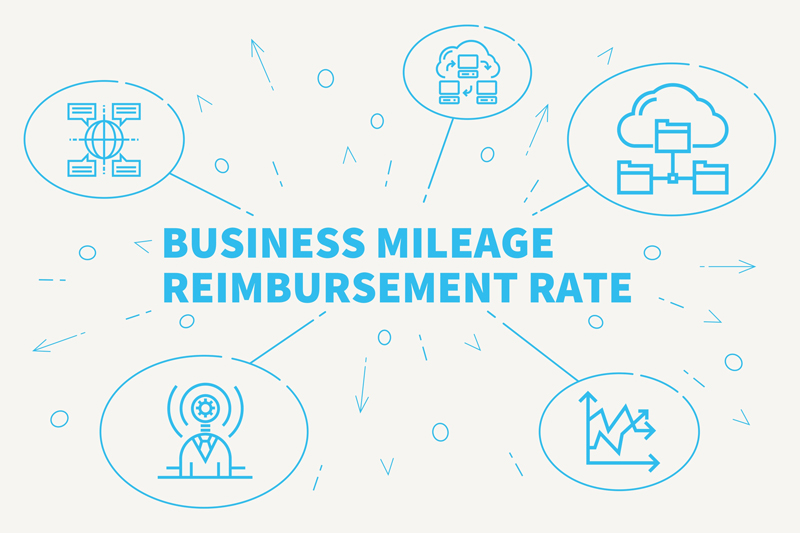
Many readers are likely familiar with non-compete agreements and understand they are valuable tools in retaining employees and preventing unfair competition. However, it’s equally true they can be overused and abused, and rolled out in unnecessary circumstances. For example, the practice of Jimmy John’s use of non-compete agreements precluding employees working for other sandwich shops gained some notoriety a few years ago, ultimately leading to suits by the New York and Illinois Attorney General’s to prohibit the practice.
For small business owners, the dilemma is determining when to use non-compete agreements and understand if they will be enforceable in certain situations and at certain employee levels. A well-crafted non-compete agreement may lead an employer to offer more wages to an employee, invest more in an employee’s training and development, and protect the employer from the migration of those investments. However, an overbroad agreement, as was recently illustrated in a Second District Court of Appeals decision, may provide none of those benefits.
The recent Second District Court of Appeals case Geloff v. R.C. Hemm’s Glass Shops, Inc. illustrates this issue. Geloff was a field glazier for Hemm’s and had executed a non-compete and non-disclosure date at the time of his hiring. Obviously, as a field glazier, Geloff had interaction with customers of Hemm’s and installed glass doors and windows along with other glass products, but he was not in sales and not involved with marketing. His non-compete agreement precluded him, for two (2) years following the termination of his employment, from participating as an employee in any business in Ohio, Kentucky, Michigan, Indiana, Pennsylvania, or West Virginia engaged in business similar to Hemm’s, including the sale of glass mirror products.
After four (4) years of employment with Hemm’s, Geloff joined the Glaziers Local Union No. 387. Shortly after, he went to work for a company called American Architectural Glass as a field glazier. After starting at American Architectural Glass, Geloff and his new employer each received a letter from Hemm’s Glass threatening litigation under the non-compete agreement. Hemm’s followed through on their threat, and American Architectural Glass terminated Geloff’s employment after the initiation of the suit. In the litigation that followed, the Trial Court ultimately granted judgment in favor of Geloff, concluding that the non-compete agreement was unenforceable.
The key to the Trial Court’s analysis was the non-compete agreement was found to operate to suppress ordinary competition instead of unfair competition, which is what the agreements are designed to protect against. The key to the Trial Court’s ruling was Geloff did not possess any confidential information. There was some testimony that Geloff did know the identities of some customers. Still, the Court noted nothing indicated that knowledge was not public and cited that Hemm’s advertised some of its customers for promotional purposes as contradictory to the customer identities as confidential.
The Court also considered no evidence was presented that Geloff had acquired any unique or proprietary skills while in Hemm’s employ. Certainly, he had learned and developed his trade as a glazier while with Hemm’s, but nothing that could be identified as unique or proprietary. The Court noted that experience and skills could not qualify as trade secrets if they are common knowledge in the trade. As to the six (6) State restriction, the Court saw no evidence that such a geographical territory was necessary to restrain Geloff from engaging in unfair competition. The Court held that Hemm’s failed to demonstrate the out of State work was a significant component of its overall business or the restriction would do anything other than preclude ordinary competition.
In light of the evidence presented, the Court ultimately concluded the non-compete agreement was unenforceable. In Ohio, when reviewing a non-compete agreement, the Court has the power to revise or redraft the non-compete agreement to address overbroad provisions and enforce it to the extent necessary to prevent unfair competition. However, the Court is not required to do so, and in the appropriate case, may declare the covenant unenforceable as a matter of law. That is precisely what the Trial Court did in Geloff’s case. As a result, in bringing the litigation, the employer lost not only the prohibited territory and length of time but also the entire agreement’s enforceability.
Geloff is a good illustration of the hazards resulting from pursuing injunctive relief and breach of contract claims on poorly drafted or overbroad non-compete agreements.
If you have questions concerning the scope, breadth, or enforceability of any non-compete agreement you are using in your business, or you have signed as an employee, the attorneys at Pickrel, Schaeffer & Ebeling, can help. For any questions, please contact Mike Sandner at msandner@pselaw.com or call 937.223.1130 for assistance with your particular situation or the process.












